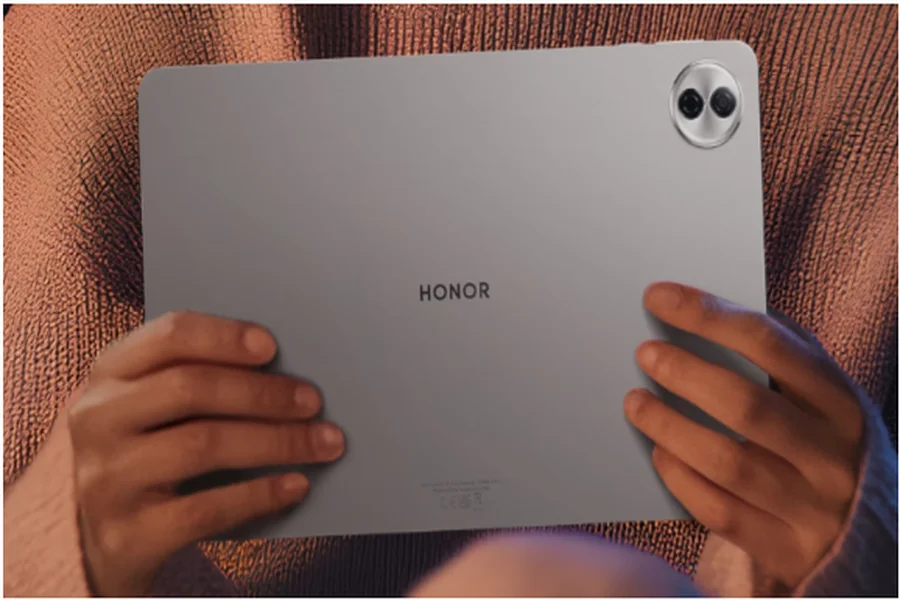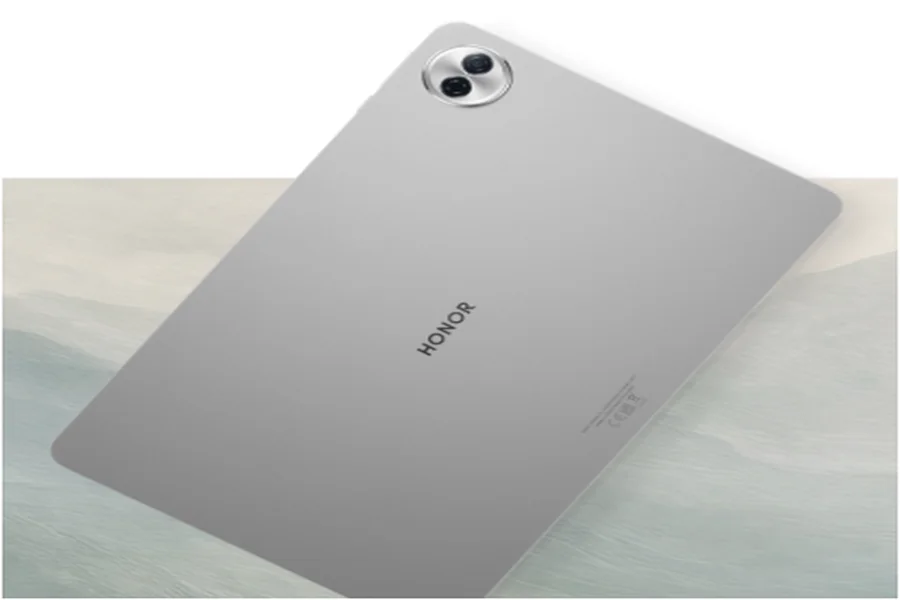Tablets have revolutionized the way we learn, making information instantly accessible and learning more engaging. These portable devices bridge the gap between traditional education methods and the demands of modern life. With a tablet, students and lifelong learners have the world at their fingertips. Tablets cater to diverse learning styles by providing various digital resources. Whether you’re a student in a classroom or an adult seeking new skills, tablets offer a flexible and personalized learning experience. As education shifts towards digital platforms, tablets play a crucial role in supporting this evolution. They provide access to a vast range of educational apps and resources. Tablets are not just a convenience; they are a necessity for anyone committed to lifelong learning. Such devices ensure that learners remain connected and informed, regardless of location or time, making education more accessible than ever before.
Why Tablets Matter for Lifelong Learners
Accessibility and Anytime Anywhere Learning
Tablets are essential because they enable learning beyond traditional classroom boundaries. With just a swipe or tap, learners access courses, ebooks, and research articles from anywhere, anytime. This capability is especially beneficial for adults balancing education with hectic work schedules. Tablets break down geographical and temporal barriers, offering a 24/7 learning portal. By ensuring constant access to educational content, tablets support those who wish to learn on their terms. Whether on a commute or a lunch break, learners can delve into subjects of interest without interruption.
Personalization and Active Engagement
Tablets elevate learning by providing tailored educational experiences. Interactive apps and customizable settings allow learners to choose the pace and style that suits them best. This level of personalization fosters active engagement, as learners can adjust content to match their preferences. Features such as virtual labs and simulations make learning dynamic and immersive, enhancing understanding and retention. Through interactive media and real-time feedback, tablets help learners stay motivated and involved in their education journey.
Tablets in Online Education Platforms
Microlearning & Bite-Sized Modules
One significant advantage of tablets in online education is their ability to deliver microlearning efficiently. With bite-sized modules readily available, learners can absorb content in manageable portions, minimizing cognitive overload. This method supports focus and comprehension, making education less daunting. Tablets facilitate quick access to these brief lessons, perfect for today’s fast-paced lifestyle. By integrating video, quizzes, and interactive elements, tablets make microlearning enjoyable and effective.
Collaborative Tools and Communication
Tablets enhance collaboration and communication in online education. Platforms like Zoom or Microsoft Teams seamlessly integrate with tablets, enabling students to join discussions and conferences effortlessly. Tablets support file sharing, interactive whiteboards, and group projects, encouraging teamwork and peer interaction. These devices ensure that learners from various locations can participate actively, sharing insights and feedback in real time. Tablets make online education more community-focused and interactive, breaking the isolation common in digital learning.
Tablets Transform Learning Across All Ages
Empowering Older Adults and Digital Literacy
Tablets serve as a gateway to digital literacy for older adults. Many elders find the touchscreen interface intuitive, easing the transition to digital learning. With Internet access, they explore topics of interest, engage with courses designed for their age group, and connect with like-minded individuals. Tablets make it possible for older adults to develop new skills, combat isolation, and stay mentally active. Through apps and online communities, they participate in lifelong learning, broadening their knowledge and social networks.
Supporting Students & Adaptive Learning
Students benefit from tablets, as they support adaptive learning processes crucial for personal growth. Educational applications provide instant feedback, helping students understand concepts more thoroughly. Tablets accommodate diverse learning styles, offering visual, auditory, and kinesthetic materials. By using tablets, students receive a richer educational experience, with resources tailored specifically to their needs. The ability to track progress and adjust learning paths keeps students engaged and motivates performance improvement.

Practical Considerations When Using Tablets
Equity and Access Challenges
Despite their benefits, tablets present challenges, particularly regarding equity and access. Not all learners have equal access to these devices due to financial constraints. This digital divide can exacerbate existing educational inequalities. Ensuring all students have access to tablets requires investment in affordable technology and infrastructure. Addressing these challenges is essential to harnessing the full potential of tablets in education.
Teacher Support, Connectivity, and Device Quality
Teachers play a critical role in integrating tablets into education. They need proper training to leverage these tools effectively. Reliable connectivity is also essential for optimal tablet performance, as interruptions hinder learning continuity. Investing in high-quality tablets ensures durability and enhances the learning experience. Quality devices with robust features allow for smoother integration into the educational ecosystem.
Spotlight: HONOR Pad 10 as a Learning Tool
The HONOR Pad 10 stands out as an effective learning device. It offers a 12.1-inch Full HD display, ideal for reading educational material and watching instructional videos. The tablet’s powerful Kirin chipset ensures quick responses, making multitasking between apps seamless. With its lightweight design, learners easily carry it anywhere, supporting mobile education. The HONOR Pad 10 also includes pre-installed educational apps, catering to both students and educators. One significant feature is its long battery life, allowing extended study sessions without frequent recharging. The device’s affordability—especially when considering the HONOR Pad 10 price—ensures it is accessible to a broad audience, bridging the digital divide. By choosing the HONOR Pad 10, learners receive a dynamic and engaging educational experience, tailored to their needs and preferences.
Conclusion
Tablets have undeniably become integral to both lifelong learning and online education. They offer diverse educational opportunities, ensuring that knowledge is accessible to people of all ages and backgrounds. Through personalization, mobile access, and rich media, tablets transform traditional learning into an interactive journey. Despite challenges like access and connectivity, tablets like the HONOR Pad 10 are making education more equitable and attainable. By embracing tablet technology, learners embark on a path of continuous personal and professional growth, redefining what it means to learn in the digital age. Tablets not only support education but also inspire a love for learning that lasts a lifetime.




